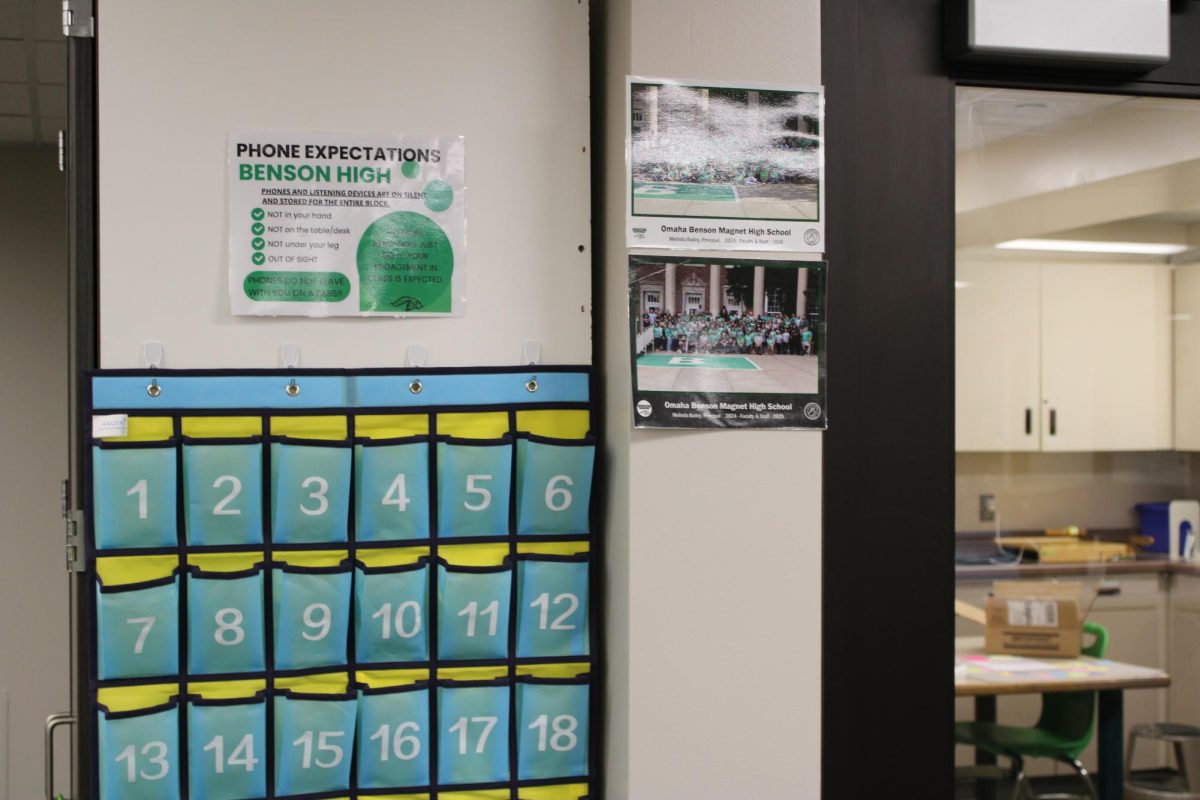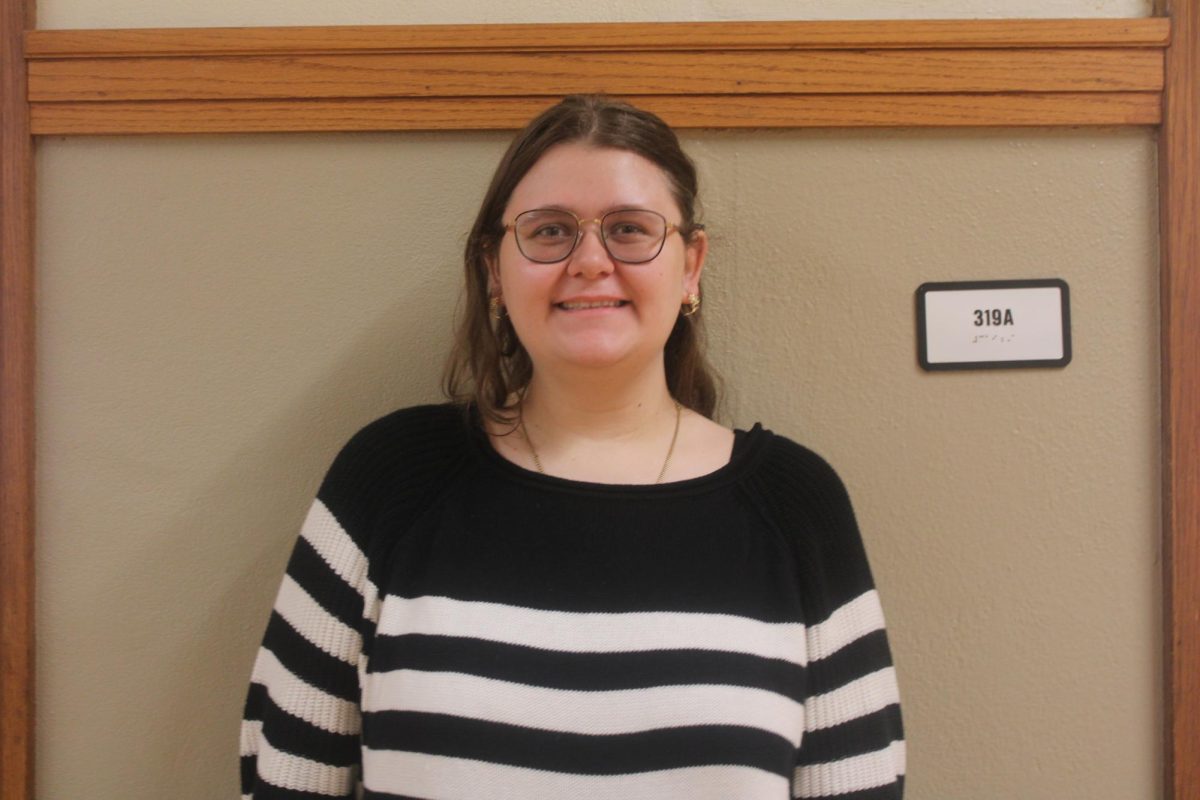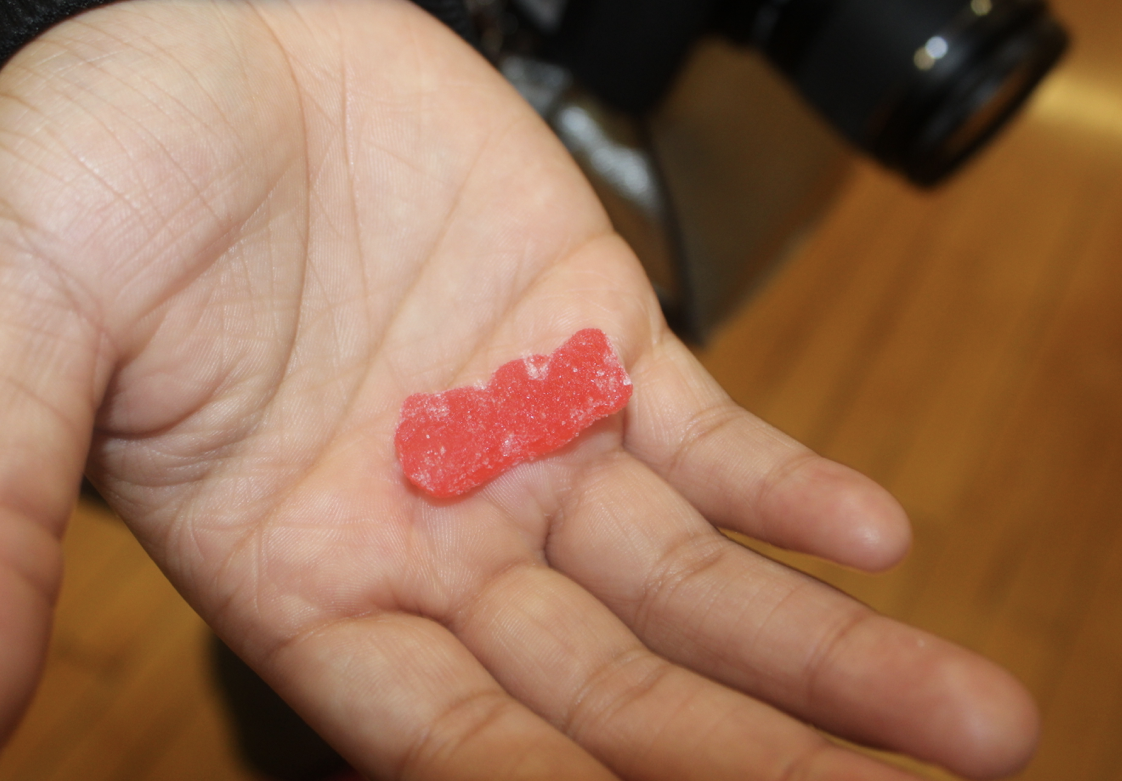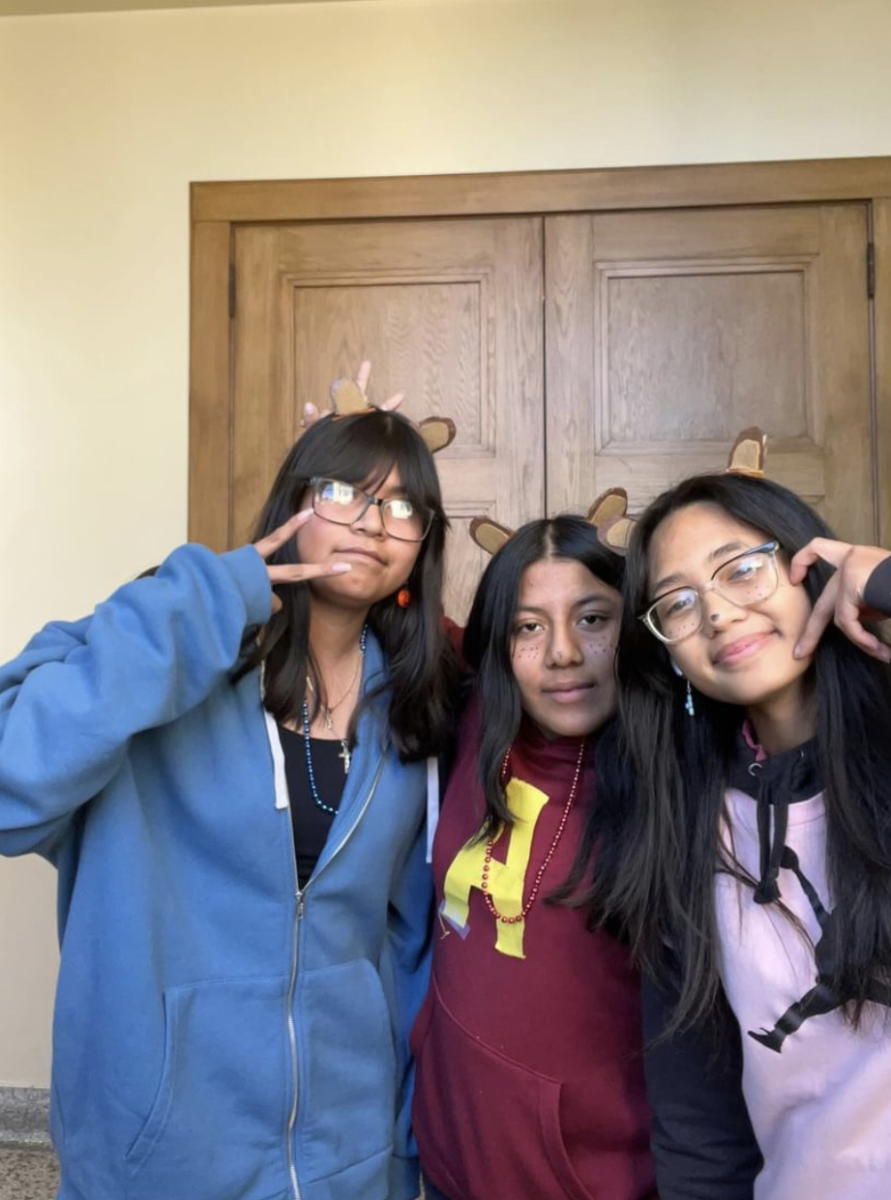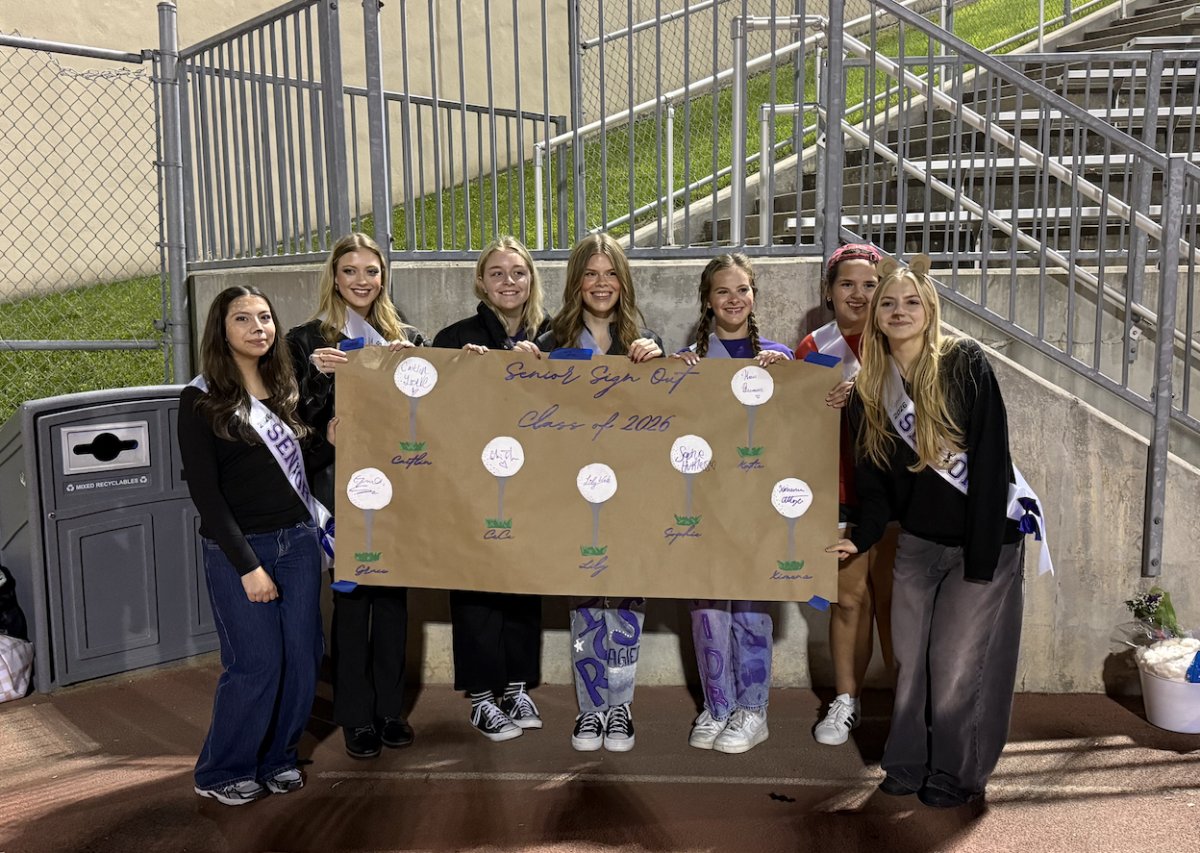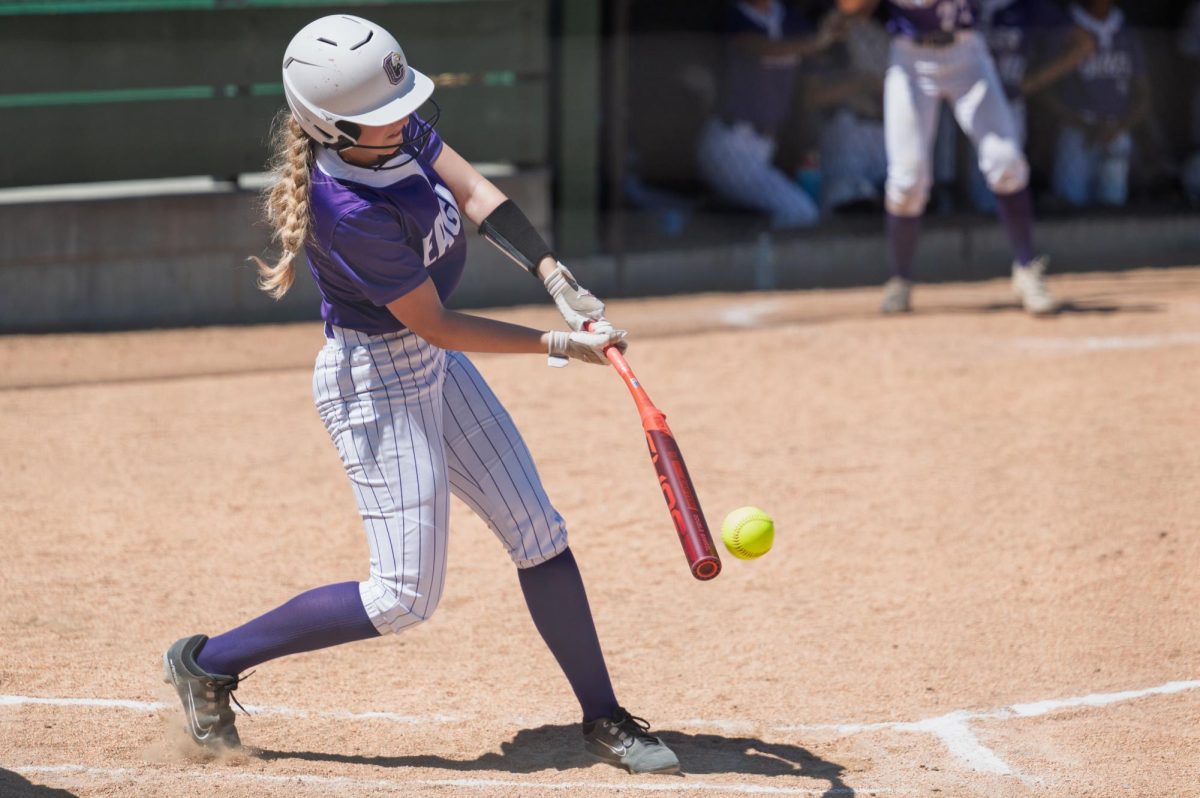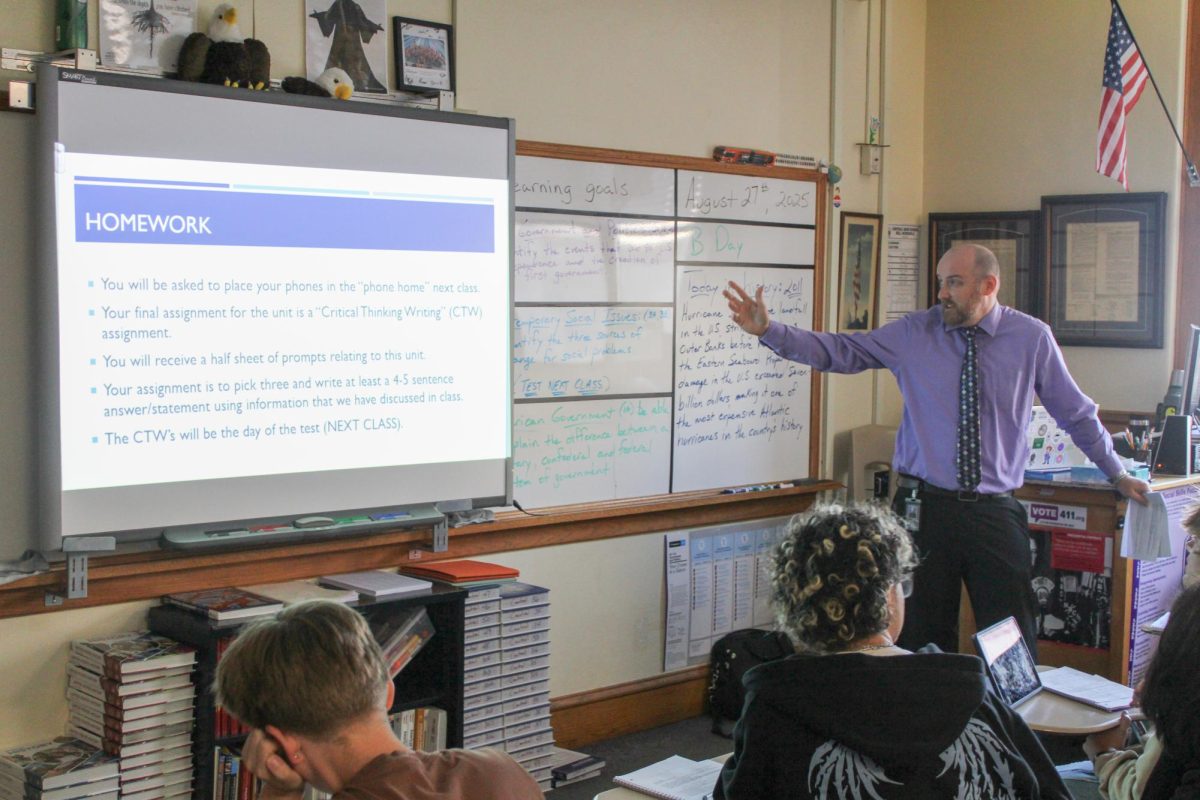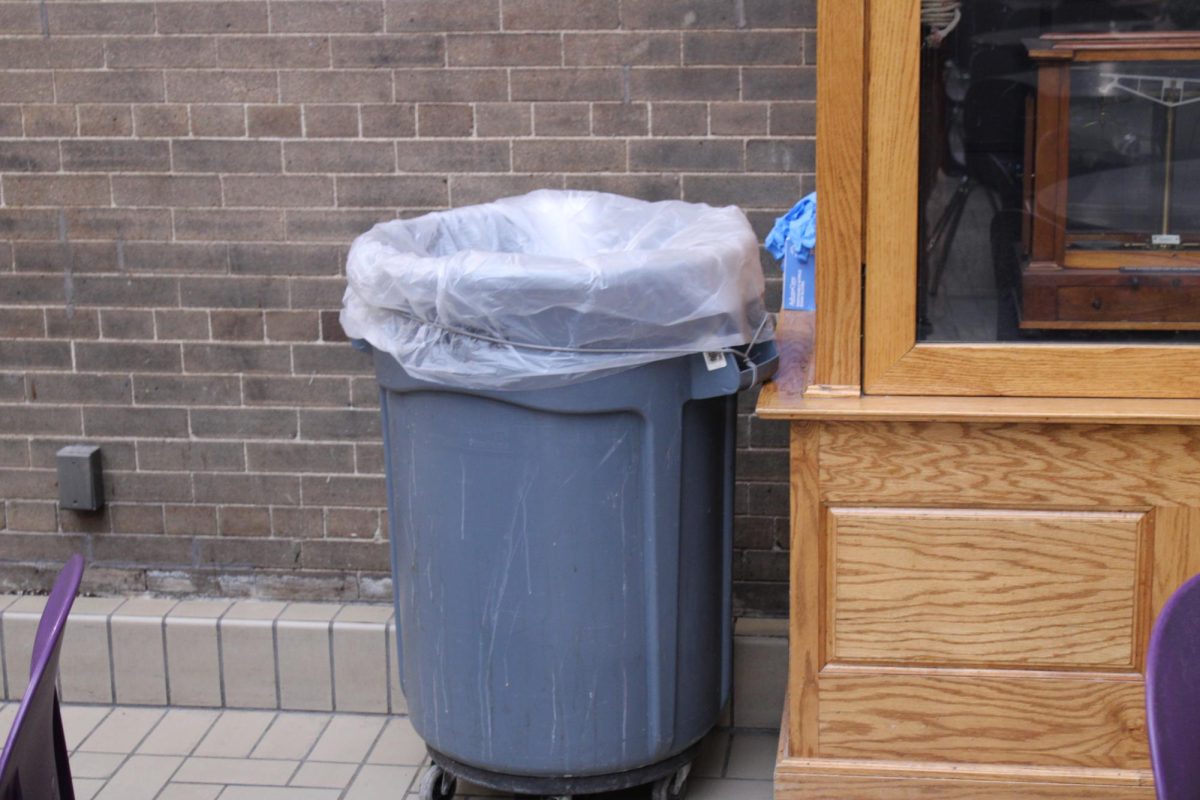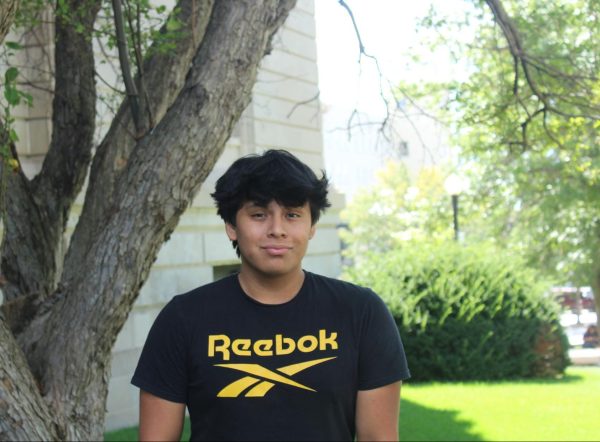Post-winter break, there has been an absence in Central’s lunchrooms: composting bins. The composting initiative, a partnership with local waste hauling company Hillside Solutions, was introduced at the start of the 2023-24 school year.
Central’s Green Team, the sustainability club that spearheaded composting at Central, feels that the initiative was successful. On the first day of school alone, the number of trash produced was reduced from 76 to 18 bags.
“I was receiving feedback from teachers and other people within the community of just constant praise of the program and how they just love that Central’s adopted this and that we’ve integrated it into our community,” said junior Evalina Sain, the president of Green Team.
So, what happened?
In short: a staffing dilemma. “I pulled it because we basically did not have the staff to make sure we were doing it appropriately,” Central Principal Ellisa Kirksey said.
Custodians were required to periodically check the bins to ensure that the compost had not been contaminated with garbage. “[The custodians’] job responsibilities just have been expanding since Covid, really, and I just feel for them,” Green Team sponsor Andrew Ruchti said. “At some point, you can’t just keep adding responsibilities on teachers to check on this, to janitors to come clean up after it every single lunch period.”
Sain described a rumor that “there was an internal fight between the custodians, and three custodians quit on the spot.” Kirksey denied this rumor.
The custodial shortage was not the sole reason that composting was postponed, however. Kirksey also feels there was a lack of student involvement that made the maintenance of composting more difficult for all involved.
“I don’t think it’s one club’s initiative; I think it [has] to be multiple clubs’,” Kirksey said. “But then, if we want to do this, what is everybody willing to sacrifice for the planet to be better or for us to make sure that we’re cutting down on bags?”
Junior Nell Farrington and fellow compost manager senior Norah Hicks believed that most students were making an effort to properly sort their waste. “When we would stand there, you could tell that [students] wanted to do it right when we were watching,” Farrington said.
However, Ruchti said, “It just takes one or two students not to do it, and all of a sudden it’s an everybody problem.”
Kirksey remarked that she believes there is a classist ideology in believing that managing the compost is only the responsibility of custodians.
“There’s a sense of decency and order that we all have to have when it comes to cleaning the building. When it comes to doing certain stuff, we want to say, ‘That’s a custodian’s job,’” Kirksey said. “I don’t think you get any further with an initiative or any further with what you’re trying to do if you don’t realize we all have to do this.”
Composting’s return now depends on Central’s open janitorial positions being filled and the program receiving more buy-in from students and clubs.
Sain reached out to Central’s administration to learn more about its custodial hiring process. Additionally, she has requested a timeline from the administration and has yet to receive a response. Kirksey has explained that staffing is controlled externally, at the district level; however, upon reaching out to TAC, Sain was told it is internal.
Sain has been disheartened by an administration she believes has always been reluctant to the composting program.
“I spent months trying to initiate this, and I brought all different adults and professionals in to help with this,” Sain said. “[The administration has] been assured from the beginning that everything would work, and they’re always trying to find an issue with it.”
Sain found one of the administration’s concerns particularly shocking, which she perceived as an excuse for their disapproval of the program. “For a while, their main issue was the aesthetics of the bins,” Sain said. “They said they would be distracting.”
“I think administration had an understanding of what [the composting initiative] entailed, like the work that it was going to take, and were nervous about whether this program would be successful at Central,” Ruchti said. “Maybe for good reason, because it sounds like it wasn’t — according to them.”
Kirksey confirmed that she was hesitant about initiating the program. “We said we were going to go ahead with it, but I was always concerned about how [we could] pull it off in the (staffing) shortage,” Kirksey said.
“I think it’s unfortunate because there’s other schools that do it. We have elementary schools that do it,” Hicks said.
“Why at other schools and not Central, though, is kind of my question,” Ruchti said.
Regardless of administrative hesitancy toward the program, Central’s Green Team is committed to bringing composting back, and Sain has even resorted to working on solutions with external organizations to speed up the comeback. Kirksey said that she would consider ending the postponement once she feels the program can be properly maintained.
Meanwhile, Green Team encourages students to continue their sustainability efforts.
“The environment — that’s not a political issue, it’s not a polarized issue. It affects literally everyone and everything,” Sain said.
Ruchti referenced the extreme cold weather in the days following Winter Break to make a point about the environment. “If this last week was any indication, we need to be doing something to fight climate change,” Ruchti said.

